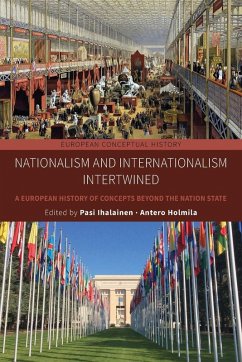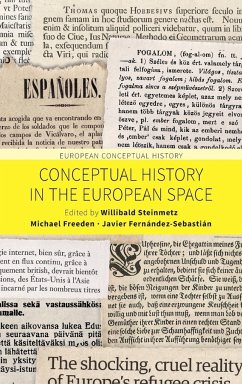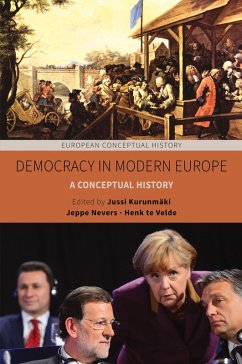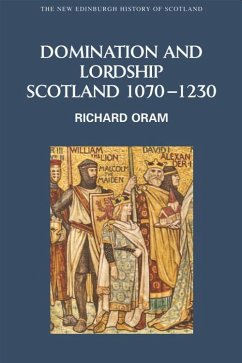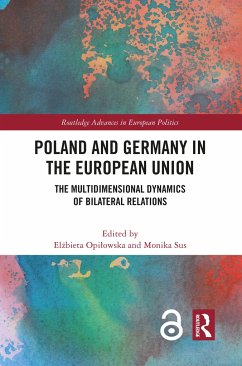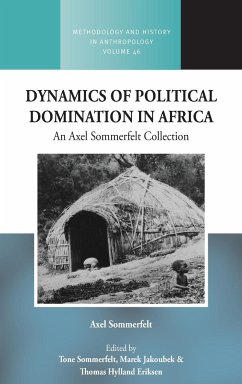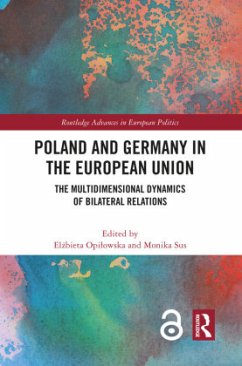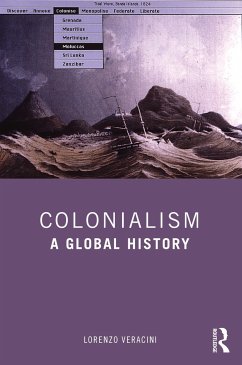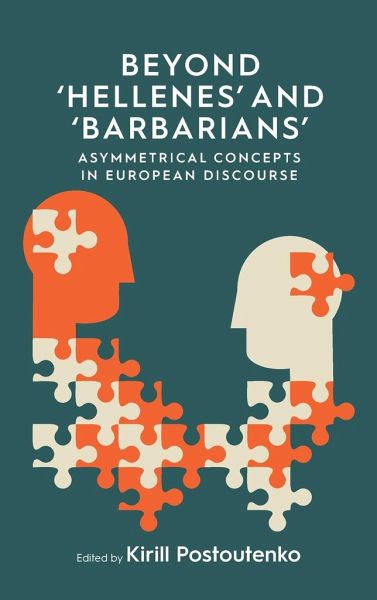
Beyond 'Hellenes' and 'Barbarians'
Asymmetrical Concepts in European Discourse
Herausgeber: Postoutenko, Kirill

PAYBACK Punkte
66 °P sammeln!
Surveying a variety of significant asymmetrical conceptualizations, Beyond 'Hellenes' and 'Barbarians' extends our current breadth of understanding of how ascriptive terms such as â civilizationâ vs. â barbarity,â or â orderâ vs. â chaosâ functioned and continue to function in political, scientific, and fictional discourses.




